All Courses
All Courses

Course • Biology • 5 lectures
The Human Immune System – Edexcel GCSE (1BI0): Foundation Tier
Dr Matthew Ivory, Cardiff University 5 Lessons
5 Lessons
The Human Immune System – Edexcel GCSE (1BI0): Foundation Tier
Dr Matthew IvoryCardiff University

Course • Biology • 5 lectures
The Human Immune System – Edexcel GCSE (1BI0): Higher Tier
Dr Matthew Ivory, Cardiff University 5 Lessons
5 Lessons
The Human Immune System – Edexcel GCSE (1BI0): Higher Tier
Dr Matthew IvoryCardiff University

Course • Biology • 3 lectures
The Human Immune System – Edexcel GCSE (1SC0): Combined Science
Dr Matthew Ivory, Cardiff University 3 Lessons
3 Lessons
The Human Immune System – Edexcel GCSE (1SC0): Combined Science
Dr Matthew IvoryCardiff University

Course • Government & Politics • 6 lectures
The Human Rights Act
Prof. Merris Amos, QMUL 6 Lessons
6 Lessons
The Human Rights Act
Prof. Merris AmosQMUL
-2.jpg)
Course • Psychology • 6 lectures
The Ideas of Sigmund Freud
Prof. Henk de Berg, Sheffield University-2.jpg) 6 Lessons
6 Lessons
The Ideas of Sigmund Freud
Prof. Henk de BergSheffield University

Course • Philosophy & Religious Studies • 6 lectures
The Infinite
Prof. Adrian Moore, University of Oxford 6 Lessons
6 Lessons
The Infinite
Prof. Adrian MooreUniversity of Oxford
.jpg)
Course • Physics • 5 lectures
The Intersection of Mathematics and Physics
Dr Graham Farmelo, University of Cambridge.jpg) 5 Lessons
5 Lessons
The Intersection of Mathematics and Physics
Dr Graham FarmeloUniversity of Cambridge
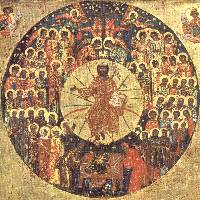
Course • Philosophy & Religious Studies • 5 lectures
The Kingdom of God in the Gospel of Luke
Dr James Carleton Paget, University of Cambridge 5 Lessons
5 Lessons
The Kingdom of God in the Gospel of Luke
Dr James Carleton PagetUniversity of Cambridge

Course • Economics • 5 lectures
The Labour Market, Healthcare and the COVID-19 Pandemic
Prof. Christopher Rauh, University of Cambridge 5 Lessons
5 Lessons
The Labour Market, Healthcare and the COVID-19 Pandemic
Prof. Christopher RauhUniversity of Cambridge

Course • Economics • 5 lectures
The Labour Market, Migration and Labour Shortages
Madeleine Sumption, University of Oxford 5 Lessons
5 Lessons
The Labour Market, Migration and Labour Shortages
Madeleine SumptionUniversity of Oxford
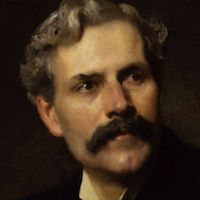
Course • Government & Politics • 4 lectures
The Labour Party, 1890-1951
Prof. Keith Laybourn, Huddersfield University 4 Lessons
4 Lessons
The Labour Party, 1890-1951
Prof. Keith LaybournHuddersfield University
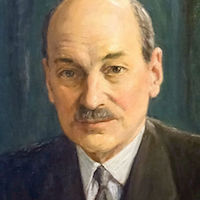
Course • Government & Politics • 5 lectures
The Labour Party, 1900-Present
Dr Kevin Hickson, Liverpool University 5 Lessons
5 Lessons
The Labour Party, 1900-Present
Dr Kevin HicksonLiverpool University
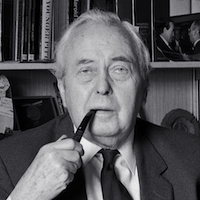
Course • Government & Politics • 6 lectures
The Labour Party, 1945-Present
Prof. John Callaghan, Salford University 6 Lessons
6 Lessons
The Labour Party, 1945-Present
Prof. John CallaghanSalford University
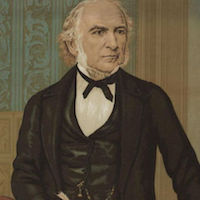
Course • Government & Politics • 4 lectures
The Liberal Party and the Liberal Democrats, 1859-Present
Dr Matthew Cole, Birmingham University 4 Lessons
4 Lessons
The Liberal Party and the Liberal Democrats, 1859-Present
Dr Matthew ColeBirmingham University
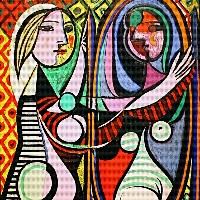
Course • Philosophy & Religious Studies • 7 lectures
The Limits of Knowledge (Scepticism)
Dr Ema Sullivan-Bissett, Birmingham University 7 Lessons
7 Lessons
The Limits of Knowledge (Scepticism)
Dr Ema Sullivan-BissettBirmingham University

Course • Chemistry • 7 lectures
The Mechanical Bond
Prof. Steve Goldup, Southampton University 7 Lessons
7 Lessons
The Mechanical Bond
Prof. Steve GoldupSouthampton University

Course • Media Studies • 5 lectures
The Media, Journalism and Journalists
Prof. Jane Singer, City, University of London 5 Lessons
5 Lessons
The Media, Journalism and Journalists
Prof. Jane SingerCity, University of London
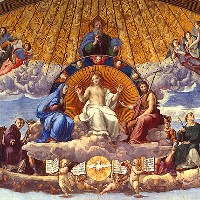
Course • Philosophy & Religious Studies • 4 lectures
Themes in Catholic Thought
Prof. Lewis Ayres, Durham University 4 Lessons
4 Lessons
Themes in Catholic Thought
Prof. Lewis AyresDurham University
.jpg)
Course • English Language • 5 lectures
Themes in Literary Texts
Dr Kate Aughterson, Amherst College.jpg) 5 Lessons
5 Lessons
Themes in Literary Texts
Dr Kate AughtersonAmherst College
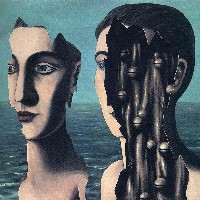
Course • Philosophy & Religious Studies • 6 lectures
The Mind-Body Problem
Dr Ralph Weir, Lincoln University 6 Lessons
6 Lessons
The Mind-Body Problem
Dr Ralph WeirLincoln University
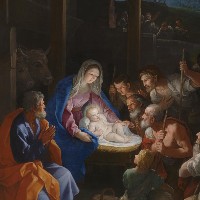
Course • Philosophy & Religious Studies • 5 lectures
The Nativity Stories
Dr James Carleton Paget, University of Cambridge 5 Lessons
5 Lessons
The Nativity Stories
Dr James Carleton PagetUniversity of Cambridge
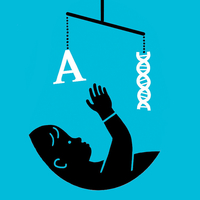
Course • Psychology • 5 lectures
The Nature-Nurture Debate
Dr Lydia Kearney, Kent University 5 Lessons
5 Lessons
The Nature-Nurture Debate
Dr Lydia KearneyKent University

Course • Law • 5 lectures
The Nature of Law
Prof. Kevin Toh, UCL 5 Lessons
5 Lessons
The Nature of Law
Prof. Kevin TohUCL
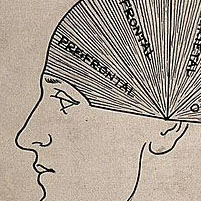
Course • Biology • 4 lectures
The Nervous System & The Brain – Edexcel GCSE (1BI0): Foundation Tier
Dr Matthew Ivory, Cardiff University 4 Lessons
4 Lessons
The Nervous System & The Brain – Edexcel GCSE (1BI0): Foundation Tier
Dr Matthew IvoryCardiff University
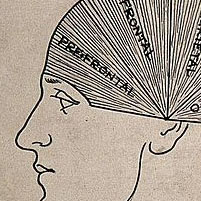
Course • Biology • 5 lectures
The Nervous System & The Brain – Edexcel GCSE (1BI0): Higher Tier
Dr Matthew Ivory, Cardiff University 5 Lessons
5 Lessons
The Nervous System & The Brain – Edexcel GCSE (1BI0): Higher Tier
Dr Matthew IvoryCardiff University
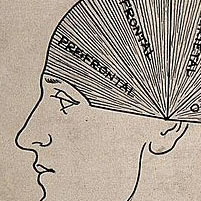
Course • Biology • 3 lectures
The Nervous System & The Brain – Edexcel GCSE (1SC0): Combined Science
Dr Matthew Ivory, Cardiff University 3 Lessons
3 Lessons
The Nervous System & The Brain – Edexcel GCSE (1SC0): Combined Science
Dr Matthew IvoryCardiff University
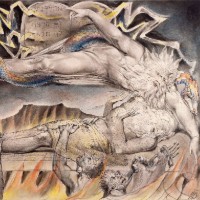
Course • Philosophy & Religious Studies • 5 lectures
Theodicies and the Problem of Evil
Dr Bethany Sollereder, University of Oxford 5 Lessons
5 Lessons
Theodicies and the Problem of Evil
Dr Bethany SollerederUniversity of Oxford
